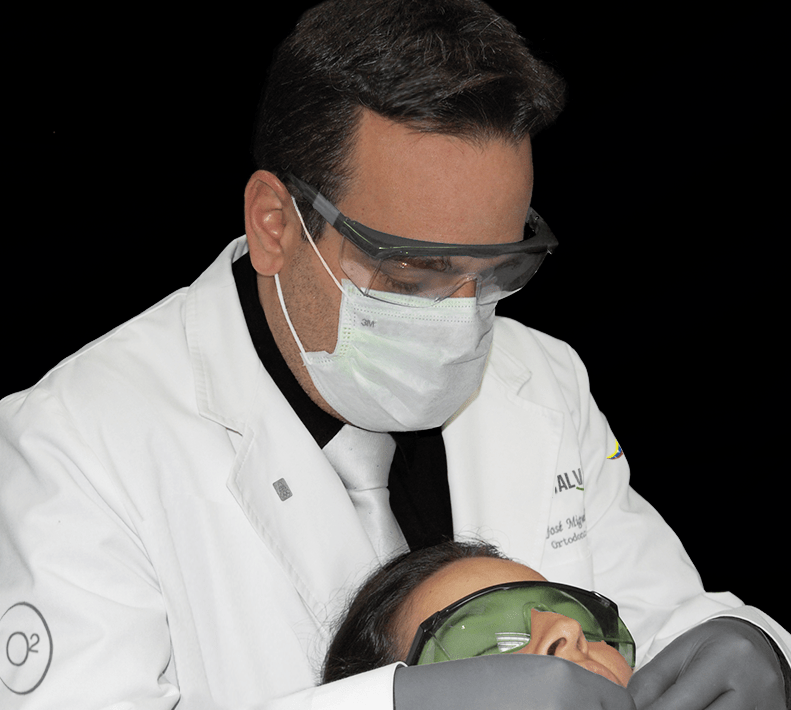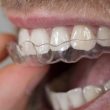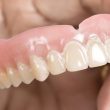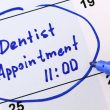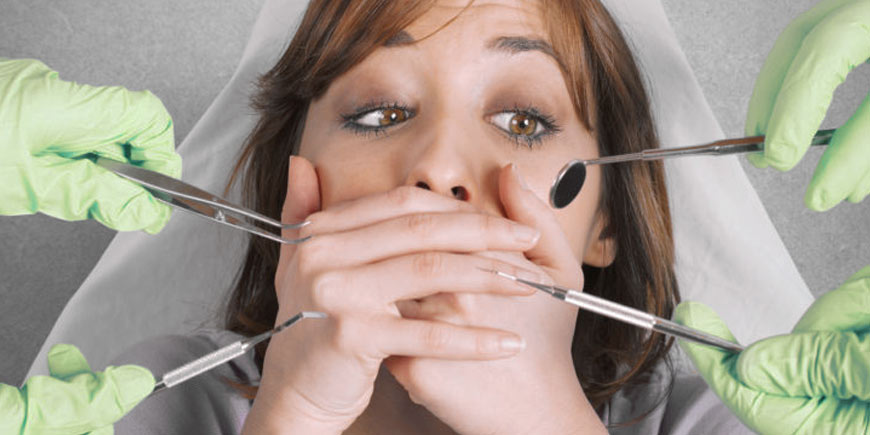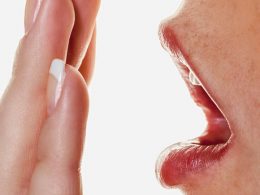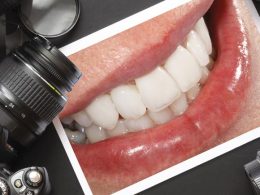Table of Contents
Many people are afraid of the Dentist and the idea of going to a dental clinic, as they experience an excessive feeling of nervousness before and during the consultation.
Although most patients end up prioritizing the benefits of a visit to the Dentist for their oral health, there are others who experience panic attacks just thinking about the time of the appointment.
These people are the ones who have developed the so-called odontophobia, an intense and irrational fear towards the dental professional. They are, therefore, literally unable to sit in the dental chair.
It is estimated that worldwide 2.7 percent of men and 4.6 percent of women suffer from odontophobia.
If this is your case, in this post we want to give you some tips to try to transmit tranquility and confidence, and avoid the need to resort to special techniques for anxiety control such as conscious sedation and general anesthesia, since they involve a very high cost , additional risks, limited utility and in many cases; a considerable reduction in the quality of dental treatment dispensed.
Fear vs Phobia
Fears and phobias are often considered interchangeably, but they are two completely different entities. Most people tend to express apprehensiveness or fear of certain things or circumstances, generally the same ones that are common to other people. This is completely normal, but when the sensation becomes more intense and reaches truly disproportionate levels, then we speak of a phobia.
Let us see below the 5 basic differences between fear and phobia:
- Fear is an emotion characterized by an intense feeling of either dislike or rejection, and that is usually caused by the perception of danger. Phobia is a behavior disorder in the face of very specific things.
- Fear is a primary emotion caused by a natural aversion to risk or threat. The phobia is characterized by feelings of hatred towards something that generates emotional or social problems.
- Fear, although irrational, is normal; and it can be overcome with will. The phobia requires specialized psychological treatment under a previous study of the patient.
- Fear is learned, sometimes as a result of bad experiences. The phobia is the persistent panic in front of an object, idea or circumstance without justification or apparent cause.
- The fear can be controlled by the person in some way. The phobia cannot be managed rationally. The person feels that it is something superior to himself.
When applied to the context of Dentistry, being afraid, for example, can mean that a patient hesitates or postpones his visit to the clinic several times. He may not like the feel and sounds of the instruments used during cleanings and other procedures, but he is able to tolerate them.
In comparison, odontophobia can involve such severe fear, that the patient is unable to receive dental care, even, if he is in excruciating pain.
The causes and treatment of fear and odontophobia can be similar. However, a true phobia may require much more time and specialized professional support, mainly from the Psychologist.
Causes of Dental Aversion
It is common for the fear of the Dentist to be generated by some previous negative experience in a bad dental clinic, either during childhood or adolescence. It is also possible that this fear has been unfounded by someone else’s experience, recounted in detail by family or close friends.
But whatever the origin of the rejection of Dentistry, the important thing is to know that it is generally an unfounded fear, and that on the contrary, there are patients who tend to fall asleep in the chair during the course of the procedures. So in the end, it is just a matter of perception and conditioning.
Avoiding the necessary check-ups or treatments can be very painful and harmful to health. It is not the same to be treated under normal conditions than in emergency situations with large infections, a lot of inflammation and acute pain.
Psychological Therapy
Treatment approaches vary according to what people want and are willing to do, in addition to the evaluation by the professional, his training and scientific criteria, and the human and technical resources available to him.
In general, the form of treatment must be chosen according to the condition of each patient, and the techniques and methods of approach must be individualized for each one of them.
Treatments for anxiety and dental phobia can include:
- Psychotherapy Most Psychologists opt for a brief psychotherapy, so that patients can progress quickly, and apply different techniques whose effectiveness has been scientifically proven. The most common are hypnosis, EMDR (Eye Movement Desensitization and Reprocessing) therapies, relaxation, visualization and acupuncture.
- Combined Psychotherapy Treatments with Drugs They combine the benefits of counseling and behavioral approach techniques with the pharmacological effects of drugs that act on neurotransmitters in the nervous system.
- Pharmacotherapy Medication is sometimes prescribed to treat the consequences of phobias such as anxiety and panic attacks. Antidepressants belonging to the group of selective serotonin and norepinephrine inhibitors such as Paroxetine, Citalopram and Venlafaxine are generally used.
Seven Basic Ways to Fight Anxiety Before a Dental Visit
Regardless of the help that Doctors and Psychologists can give you, there are several measures that can greatly increase your ability to control emotions, thoughts, and behaviors. Here are some useful tips on self-management techniques that are perfectly applicable to the dental field:
1- Select a Dentist that Inspire You Confidence
Preferably a group of Specialists who have enough years of experience and the appropriate technology to avoid or minimize the discomfort of the treatment. Also, avoid massive consultations, with many patients and crowded waiting rooms, as these will surely prevent professionals from taking the time to clear up concerns and perform procedures delicately.
In any clinical practice, the large volume of patients implies stress, speed, movement and little detail in the human aspect of the service. An anxious patient definitely needs the opposite!
2- Schedule Your Appointment for the Best Time of the Day or Week
When scheduling a time to visit the Dentist, always consider your own stress levels flows during the day or week. For example, if you tend to be anxious in the morning, your 9:00 am appointment may not be worth it. Instead, schedule an appointment in the afternoon.
3- Ask a Friend or Family Member to Accompany You
Being accompanied by a person who provides backing and emotional support, alleviates anxiety in several ways.
Not only can a loved one serve as a comforting presence (and distract you from your fears with a friendly conversation), but offer another set of eyes and ears to advocate for your care or capture important details that could raise your stress level.
This is one of the main reasons why we recommend that our international patients travel accompanied, whenever possible.
4- Control Your Breathing
Under stress, even if we are not aware of it, breathing becomes shorter and shallower, perpetuating the cycle of anxiety. Stimulate a relaxation response in the clinic with a breathing exercise.
Try the 4-7-8 technique (inhale for a count of four, hold your breath for a count of seven, and exhale for a count of eight) or simply focus on filling your belly, not just your chest, with each inhale.
5- Try Self-Hypnosis
Self-hypnosis or self-induced hypnosis is a method of hypnosis that allows a subject to enter a particular state of mind, between wakefulness and sleep. In this state, the psychic resources that each individual has to carry out any activity are intensified, achieving exactly the same as in a hypnosis session with a therapist.
With it, the individual manages to enhance his internal resources to relax more easily, control his emotional states, enhance his abilities, eliminate tensions, and above all; improve the quality of his life.
Self-hypnosis is undoubtedly one of the best self-help resources, however learning and mastering it requires time and effort.
6- Prepare Mentally in Advance
Facing dental anxiety is not necessarily limited to your stay in the clinic. Before a date, prepare yourself for emotional success with a little meditation. Specifically, try to meditate on positive affirmations related to the circumstance.
“I am the guardian of my own health” may be your mantra if you feel completely at the mercy of your Dentist, or “Dentistry is not painful because millions of people go every day without any concern”, if you fear a bad experience.
7- Be Honest About Your Anxiety
Take into consideration that a good professional will always be interested in how his patient feels and his disposition towards treatment.
Being honest about your concerns will facilitate a better relationship with your Dentists, resulting in less anxiety and better care. Also, simply clarifying how you feel about the situation can break tension and reduce stress to a manageable level.
“Becoming Aware that Excessive Fear of Dental Care Is Abnormal and Irrational Behavior, May Be the First Step to Solve the Problem”.
DENTAL TIP
Sedation and General Anesthesia
If, despite exhausting all the resources outlined above, it is still impossible to receive the necessary dental care, it is inevitable to have to resort to special techniques such as sedation and/or general anesthesia.
However, they should always be the last resource to consider, since they imply important disadvantages:
- High Cost The rental of an operating room in a center with all the resources of life support and intensive therapy, added to the participation of an Anesthesiologist Doctor with his auxiliary staff, usually increases exponentially the prices of the service, leaving it out of the reach of most people.
- Additional Risk Although sedation and anesthesia procedures are very safe in the hands of Anesthesiologists, they are not exempt from eventual complications, including the risk of death. Most studies and statistics reflect an associated mortality in adults with a range of one case for every 2,500-5,000 patients.
- Limited Usefulness Sedation and general anesthesia are only feasible in one or two-step treatments, and are not compatible with extensive rehabilitative procedures that require multiple appointments for endodontics practice, abutments reconstruction, impressions taking, structural tests and installation of fixed prostheses.
- Reduced Quality Working under sedation or general anesthesia involves fighting against time, skipping details, and solving quickly and easily. In addition, they condition the quality of the service provided by promoting the extraction of restorable teeth under normal conditions.
Are You Facing an Unaffordable Quote for Dental Treatment?
Are you thinking of getting cosmetic dentistry or dental implants in Venezuela? The rising cost of dental care in many countries is driving the dental tourism movement as people seek more affordable dental work abroad. If you are facing an unaffordable quote for dental treatment in your home country, DENTAL VIP could be a much cheaper alternative with savings of 60% or more.
Every year thousands of international patients visit Caracas to take advantage of high quality healthcare at affordable prices. Dental procedures in Venezuela are on par with treatment provided in any “developed” country of the world. The cost, however, is significantly less.
At DENTAL VIP we offer a wide range of world class dental treatments such as dental implants, crowns and bridges, smile design, dental veneers, oral surgery and zygomatic implants; among others.
Furthermore, we are available to assist you with transfer and accommodation options while visiting Caracas for dental care. Contact us today and make your next treatment in Venezuela!
